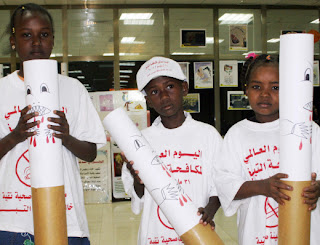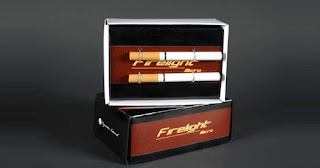
The evening before classes started at Salem State University, a steady stream of students — several of whom were smoking cigarettes — walked down Lafayette Street toward the White Dove Market.
“Here we are like almost in the middle of campus, there’s always young customers and they are outside,” said the market’s owner Rabih Chaghouri, who estimated that 35 percent of the students who frequent his store buy cigarettes at about $.8.25 a pack. “They are not allowed to smoke in the dorm rooms so they just hang out and smoke out there.”
The number of students smoking in front of his store is likely to increase now that the school’s three campuses officially went tobacco free as of Sept. 1, joining more than 500 other colleges nationwide in instituting
smoke-free policies on campus.
“It sucks,” freshman Stephen Cribben, 18, said between drags as he walked down Lafayette Street with a group of friends. “We’re not going to be able to smoke cigarettes while we’re walking between each class. We’ll have to take a break and go off campus to smoke. Everyone going to college is 18 so we should have the right to smoke.
“They said it’s disturbing to people but they are the ones who are disturbing smokers. They disrespect people who smoke.”
Salem State spokeswoman Karen Cady said the first day of classes went smoothly with regard to the smoking ban because the school spent a year preparing students and faculty for the change, offering free smoking cessation programs and easy access to pharmaceutical aids.
“I personally didn’t see anyone smoking [yesterday] because there was a year-long heads up,” she said. “The fact that it’s now in place is almost a non event.”
University officials sent surveys two years ago to all 11,000 students and faculty asking them about their attitudes towards smoking and received 1,200 responses. Three-quarters of the respondents said they were exposed to smoking on campus at least once a month, and one-quarter said they had respiratory conditions, such as asthma, which can be exacerbated from second-hand smoke exposure.
Nearly 40 percent of the respondents objected to the stronger smoking rules, while nearly 60 percent reported that their experience on campus was negatively affected by smokers. Clearly, those who took the time to fill out the survey had strong opinions on smoking, Cady pointed out, which may or may not be representative of the student body as a whole.
Student Government Association President Richard Moylan said it will take a few weeks for the student body to fully feel the weight of the new policy. He said they didn’t take a stand on the policy one way or the other before now because the student surveys indicated that the student body was split on the issue.
“We won’t get the full flavor until next week,” he said on Tuesday. “If we get a lot of complaints that’s when we’ll take a stand. This is a commuter school and the students don’t realize what’s happening till it affects them. Then we’ll hear complains, definitely strong complaints."
Moylan said if enough students complain they will lobby the administration for smoking zones on campus. He said the SGA also worries that it is unsafe for students to cross the street to smoke and that the neighborhood’s residents will complain about students smoking in front of their homes.
Cady said the administration would be open to smoking zones if the SGA lobbies for them. She said everything about the policy “is subject to review and evaluation” but added that the school thought going cold turkey would make a greater statement.
“The decision was made that we would be a completely tobacco-free campus,” she said. “A lot of it was about education. The fact is we all know smoking is hazardous not only to the smoker but anyone near them. A lot of the point is to send the message that smoking is bad for you. As an educational institution that’s our job.”
When asked how the university planned to enforce the new rules, Cady said, “Initially very gently. No fines will be instituted. We’ll use a reminder approach.”
While smoking outside Bowditch Hall on Tuesday afternoon, freshman Josh Wright said he “respects” the policy but wishes the school would designate areas for smokers.
“I have to throw the butt on the ground because there’s nowhere to throw it,” he said. “That could cause more trash problems and neighbors [to complain.] If were’ going off campus we’re going to be in front of people’s houses and stuff.”
Plenty of students will also be in front of the White Dove Market smoking this fall. But maybe not this winter, Chaghouri said.
"Eventually it will make more people quit and it will definitely affect [my business] a little bit,” he said. “But if the kids don’t quit they will smoke here or there. They are already saying they are going to come here and hang out.”
Plenty of Chaghouri’s customers also come to his store for the pizza, hummus and shwarma sandwiches.
“We have [cigarettes] because people want it and if they don’t buy it here they are going to go someplace else,” said the Lebanon native who quit smoking two years ago. “So basically it might make a small dent in cigarette sales but when they don’t smoke they get hungry and I’m hoping they are going to come and eat.




